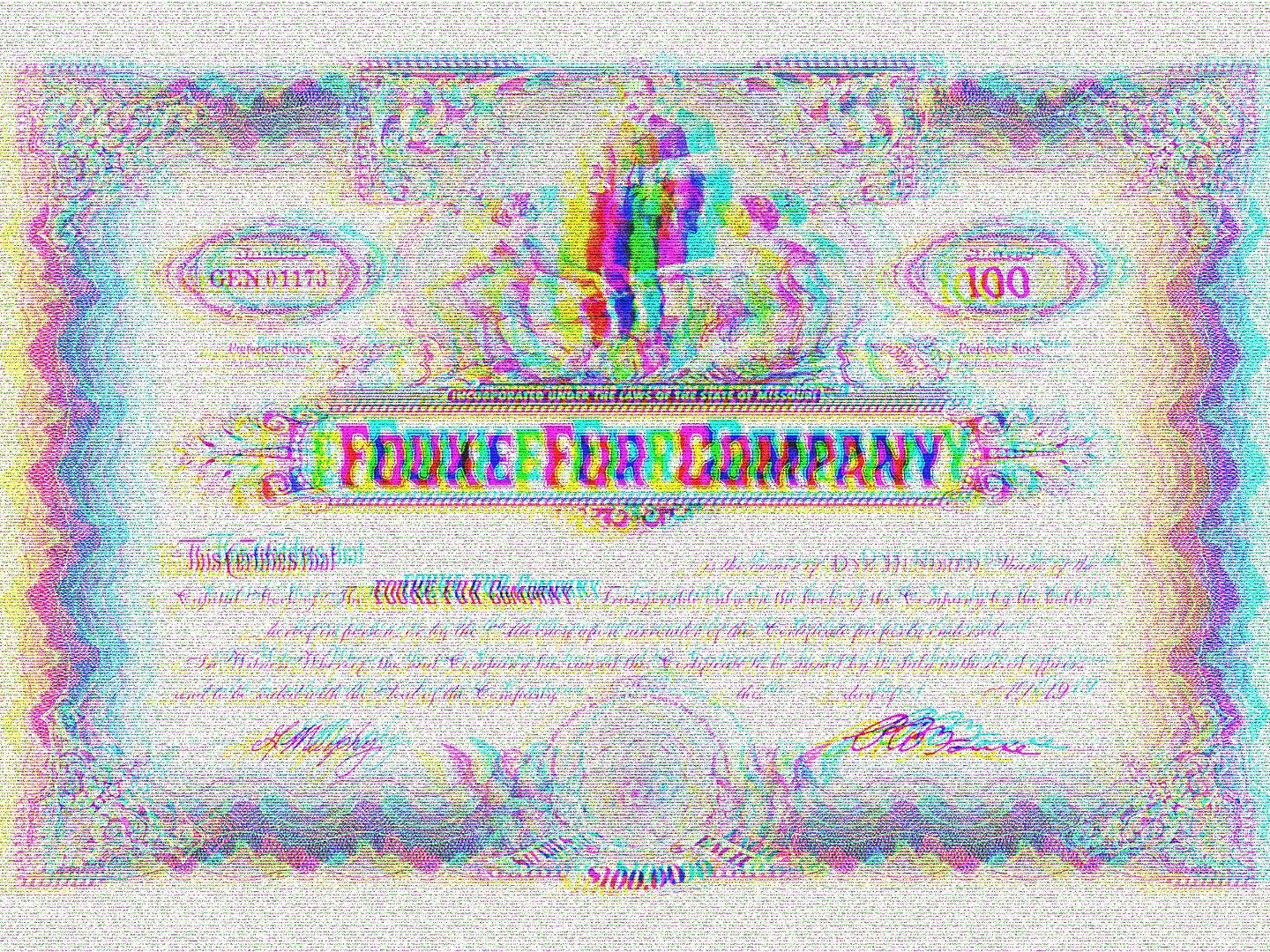
This week, in a Washington Post op-ed, Robinhood CEO Vlad Tenev calls for a fresh approach to U.S. capital markets. He highlights several policy reforms — notably the modernization of accredited investor standards, an old favorite among finance enthusiasts — but one stands out. He advocates for establishing a security token registration regime, enabling companies to create token offerings for U.S. investors.
Here’s a brief overview of how securities markets currently function in the U.S. Under the default laws, companies are generally prohibited from selling equity. The Securities Act of 1933 outlines what constitutes securities and outlines the requirements and penalties for selling them. Companies aiming to generate capital typically engage lawyers, either registering or finding an exemption, such as Regulation D (Reg D).
However, the majority opt for exemptions and remain private. As Tenev notes, many — like OpenAI, SpaceX, or Stripe — continue this trend. The challenge with exempt securities is their lack of liquidity due to contractual and regulatory restrictions, limiting investor options for profit to dividends alone.
Conversely, registered securities enjoy high liquidity, encouraging engagement in initial public offerings (IPOs). Yet, the financial burden of this process often restricts it to the most wealthy companies. According to PwC, even modest IPOs demand millions upfront, in addition to ongoing legal and compliance costs. As a result, many prominent firms now prefer to avoid going public altogether.
This issue has prompted regulatory responses, such as Regulation Crowdfunding (Reg CF), created as part of the 2012 JOBS Act to help small businesses access investments. Unfortunately, bureaucratic restrictions and legal costs render this initiative ineffective.
The solution for capital market innovation may lie in decentralized finance, pioneered by Ethereum developers with the introduction of the ERC-20 standard in 2015, allowing the creation of numerous tokens and fostering a liquid marketplace.
Tenev argues that tokenizing private-company stock would grant retail investors early access to prime firms, enhancing capital acquisition through a worldwide crypto retail market. He deems this a pivotal innovation that could provide a viable alternative to traditional IPOs.
In summary, Tenev’s vision of ’tokenized real-world assets’ introduces a regulatory framework that could blend the benefits of both exemption and public offering, making a compelling case for a shift towards online securities.
“Tokenizing private-company stock would enable retail investors to invest in leading companies early in their life cycles… enabling them to draw additional capital by tapping into a global crypto retail market… [It] would provide an alternative path to the traditional IPO.” - Vlad Tenev
The idea is to create a middle ground that simplifies compliance while preserving investor protections, ultimately pushing the conversation around cryptocurrency beyond just Bitcoin and speculative assets to the functionality blockchain technology can offer.


